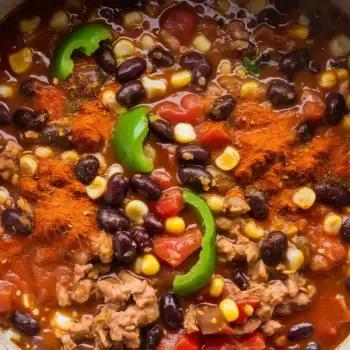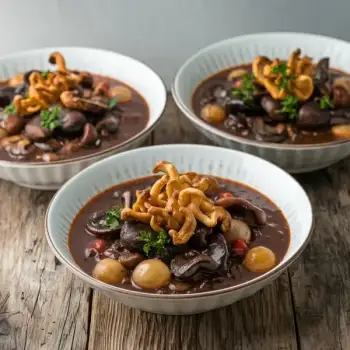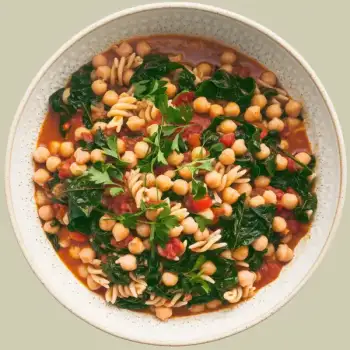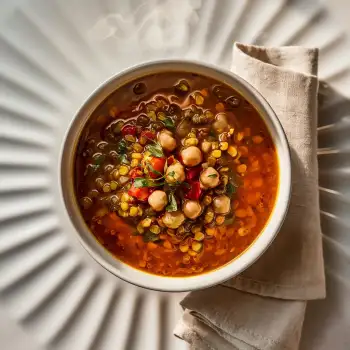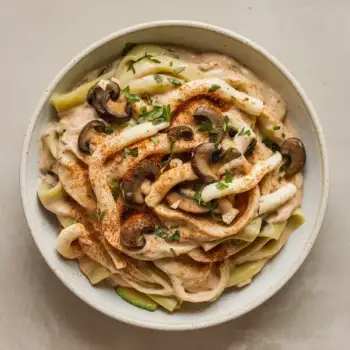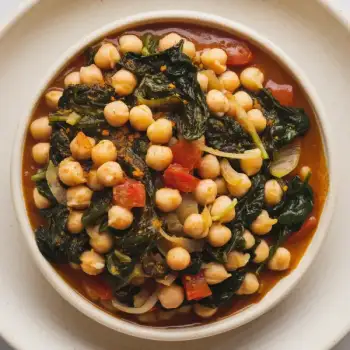


Flakes
Less common than ground, smoked paprika can also be found in flake form, which can be used as a finishing spice for a more textured appearance and flavor.
Ground
Smoked paprika is most commonly found in ground form, made from dried and smoked pimientos that are then ground into a fine powder.
Whole Smoked Pimientos
For those who prefer to grind their own spices, whole smoked pimientos can be purchased and ground at home for the freshest flavor.




ground smoked paprika: La Chinata
whole smoked pimientos: El Rey de la Vera

Grilling: Smoked paprika is excellent in rubs for grilled meats or vegetables. It complements the natural smokiness of grilling, enhancing the overall flavor profile.
Sautéing: When sautéing, sprinkle smoked paprika over the food, like onions or proteins, early on to infuse the dish with its smoky flavor. Medium heat is ideal to prevent burning.
Slow Cooking: Adding smoked paprika to slow-cooked dishes like stews or braises imparts a deep, complex flavor that develops over the long cooking period.




